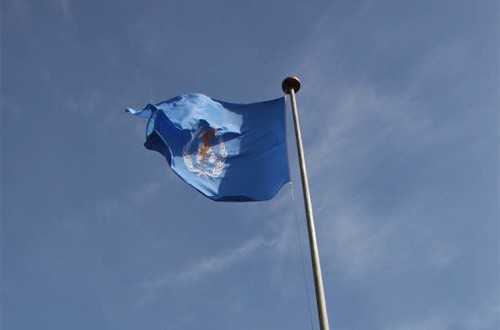
The World Health Organization (WHO) has issued a warning about the price of new hepatitis C virus treatments in its first set of treatment guidelines for the disease.
The WHO’s guidelines have been prepared as a direct result of the availability of “more effective and safer oral hepatitis medicines,” according to the agency. However, Dr Peter Beyer, senior adviser for the Essential Medicines and Health Products department at WHO, notes that these drugs are “currently unaffordable to most patients in need.”
Recently-launched drugs such as Gilead Science’s Sovaldi (sofosbuvir) and Johnson & Johnson’s Olysio (simeprevir) have come in for criticism over their price.
For example, just this week US pharmacy benefit management organisation Express Scripts pressured Gilead to cut the $84,000-per-course price tag for Sovaldi, saying that otherwise it may place a block on reimbursement when rival oral therapies become available. The company is already being taken to task by US lawmakers over its pricing policy.
If US payers are struggling to cover the costs of the new drugs they will be unattainable for the bulk of the 130-150 million people worldwide with chronic hepatitis C infection, who live mainly in emerging economies. Around 350,000 people die as a result of hepatitis C infection each year.
The guidelines recommend that Sovaldi and Olysio be included in treatment regimens for people with certain hepatitis C genotypes, although a rider notes that these suggestions are made “without taking resource use into consideration”.
“The challenge now is to ensure that everyone who needs these drugs can access them,” said Dr Beyer, adding that price reductions resulting from the entry of generic competitors have been extremely effective in helping to control HIV.
The new guidelines – which propose a multi-pronged strategy based on screening, treatment, prevention, and mitigating liver damage – were unveiled ahead of the opening today of the 2014 International Liver Congress in London.
The publication of the guidelines was welcomed by global health initiative UNITAID, which calls for increased competition for production of the new medicines “to enable access for the up to 30 million people which WHO estimates are in need of treatment.”
It also notes that cheaper alternatives for screening and monitoring of hepatitis C patients are also desperately needed, as the current $300-$1,400 cost per patient is “out of reach for most middle-income country budgets.”




